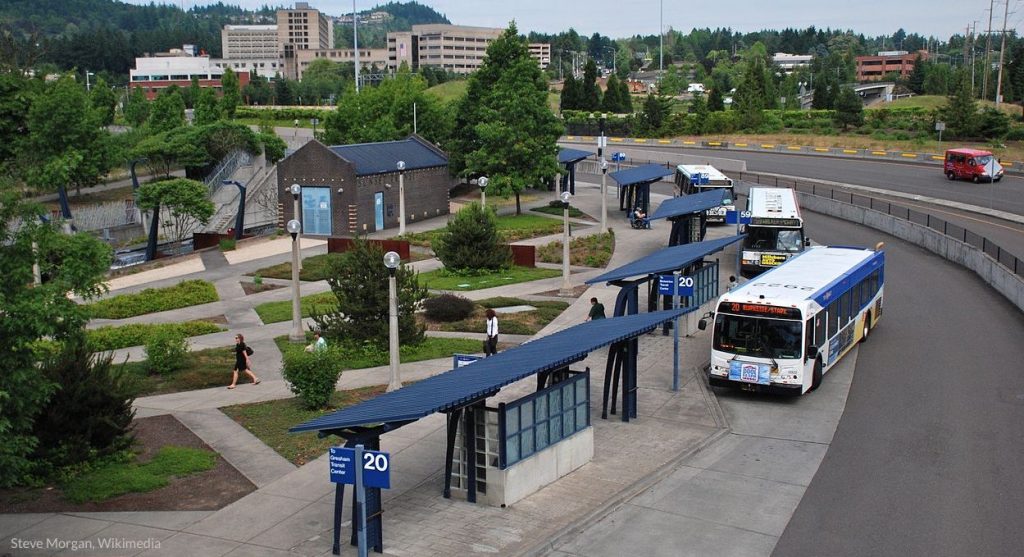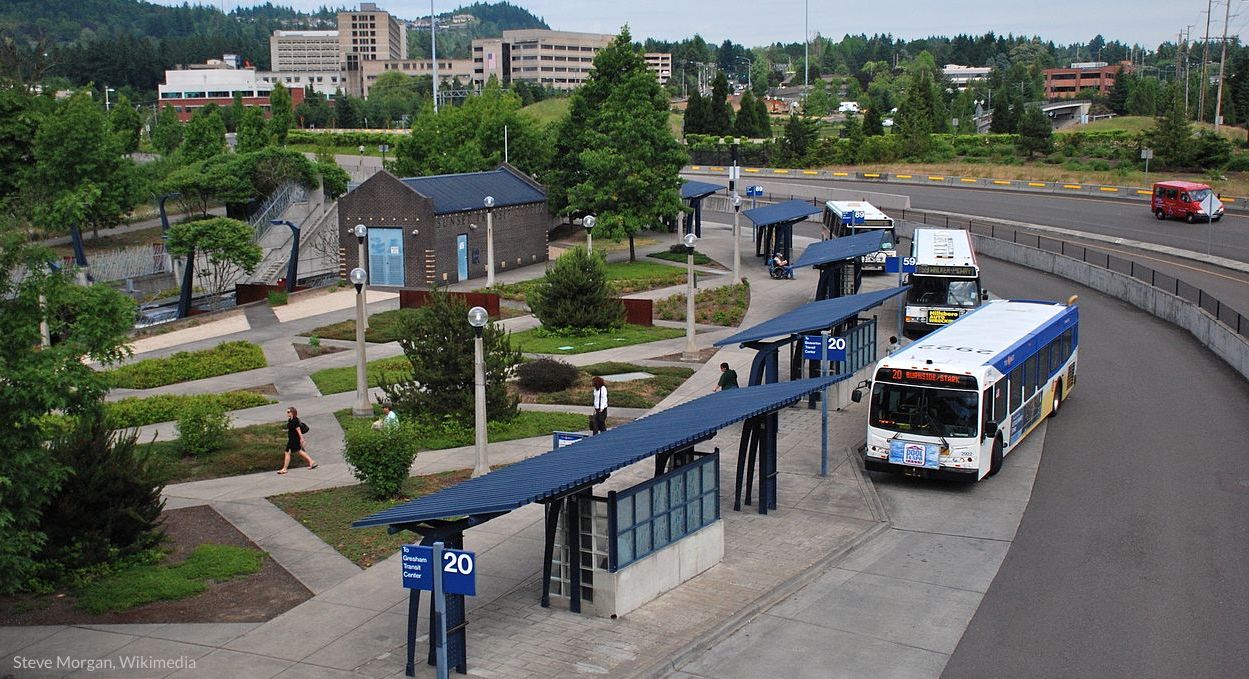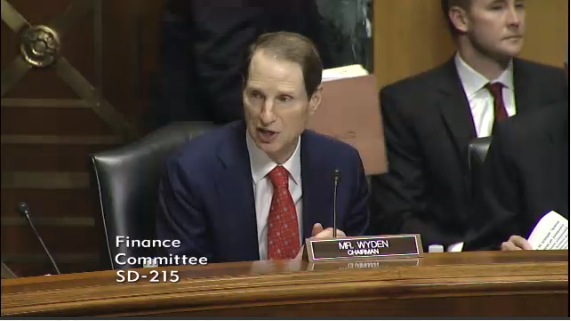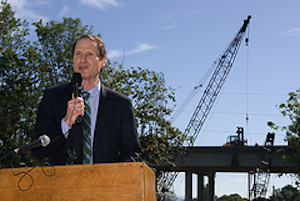

Providing states and metro areas with powerful data and accessibility tools can help them better measure the destinations that their residents can easily reach, equipping transportation agencies to more effectively plan investments that will help address those gaps.
In late September, Senator Baldwin (D-WI), along with cosponsors Senators Ernst (R-IA), Hatch (R-UT), and Markey (D-MA), introduced bipartisan legislation to provide communities with new state-of-the-art data tools that can be used to better assess how well their transportation networks provide access to jobs and daily needs.
S. 3491, the Connecting Opportunities through Mobility Metrics and Unlocking Transportation Efficiencies (COMMUTE) Act, requires the U.S. Department of Transportation (USDOT) to create a pilot program to provide a handful of states, metropolitan planning organizations, (MPOs) and rural planning organizations with data sets to calculate how many jobs and services (such as schools, medical facilities, banks, and groceries) are accessible by all modes of travel.
These data tools can be revolutionary for communities, enabling them to take a truly holistic view of their transportation networks and make more informed planning and project selection decisions. Why?
As we noted when a similar bill was introduced in the House last year, connecting people to work is arguably the most important goal for our transportation system that we generally do a pretty poor job of measuring. But as important as measuring jobs access is, only 20 percent of all trips and only 30 percent of vehicle miles traveled (VMT) are to and from work. This means that 80 percent of trips (70 percent of VMT) are for our other daily essentials—going to the store, visiting the doctor, dropping the kids off at school, etc.
The incredibly blunt metrics that most planners or communities have access to, like overall traffic congestion and on-time performance for transit, paint a grossly two-dimensional picture of the challenges people face while trying to reach their needs within a reasonable period of time. And these limited measures certainly don’t provide enough information to help these agencies make the hard decisions about what to build to best connect people to the places they need to go.
The use of these simple metrics results in the consideration of simple “solutions,” like adding expensive lanes to existing highways and road networks—costly solutions that often don’t solve the problem, or make it worse.
But today, there are precise new tools available that allow communities to more accurately calculate accessibility to employment opportunities, daily errands, public services, and much more, and then optimize their transportation networks and utilize all modes of transportation. (Like the tools used to evaluate Baltimore’s bus system overhaul, for example.)
But unfortunately, states and MPOs must pay for this more helpful accessibility data while the less useful congestion data is made readily available to them. This bill could start to change that by creating a pilot program that will give a handful of states, metro areas, and rural areas free access to the data, helping them make better use of their limited taxpayer dollars to bring the greatest benefits.
With the introduction of this bill, there are now bipartisan bills in both chambers of Congress to provide better data to local communities. Each bill is sponsored and cosponsored by members who sit on the committees with jurisdiction over the bills. This represents a tremendous step forward and we’re grateful for the bipartisan leadership of Senators Baldwin, Ernst, Hatch, and Markey.





